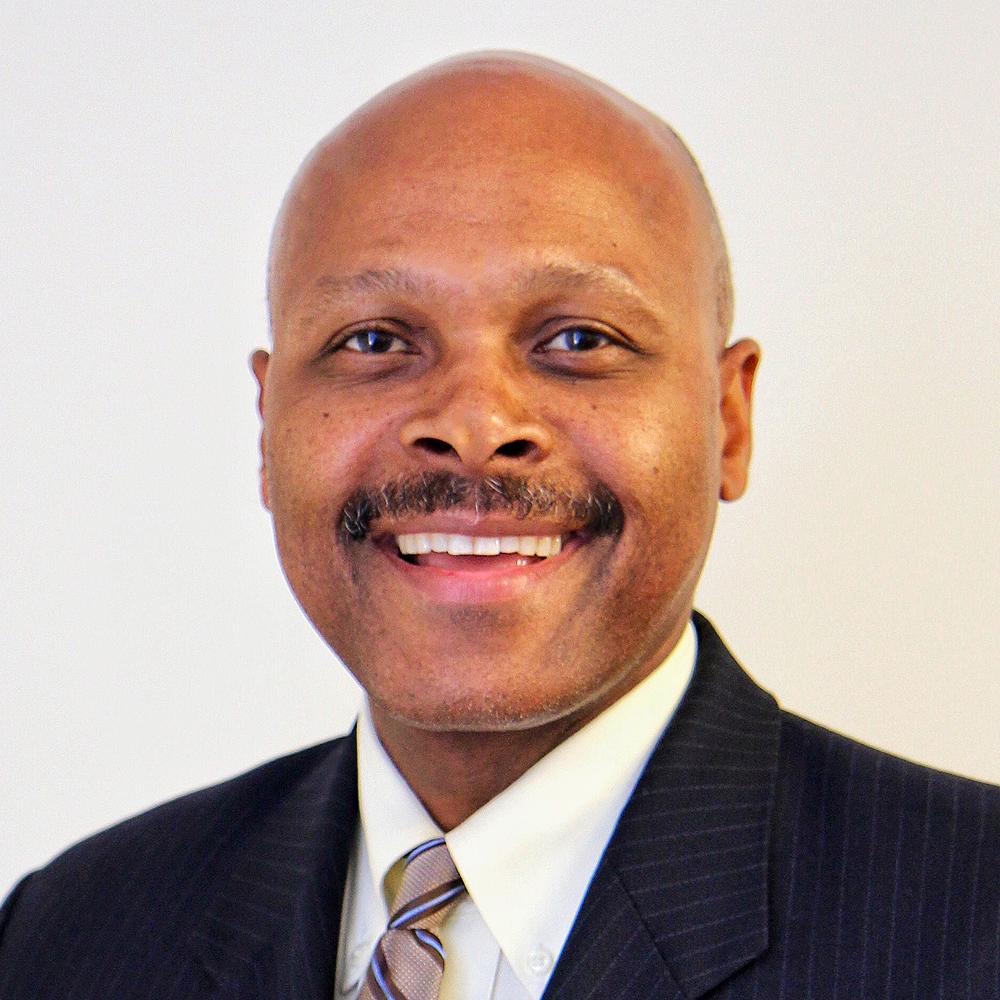These are uncertain times, but LISC’s commitment to catalyzing opportunity in low-income places all across the country is unwavering, says CEO Maurice Jones. And by leveraging the strength of our diversity, we can achieve healthy, resilient communities where everyone has a chance to succeed.
I have been reflecting, as have many of you, on the challenges and opportunities facing our country. I’ve also been thinking about what they may mean to our work at LISC.
We are a nonpartisan organization with a mission that has propelled us for almost 40 years, a belief that catalyzing opportunity for people demands building skilled teams at the local level that take action where people live, work and raise families. We come to work every day to help our communities and our country become stronger—so that all people in America get the chance to succeed.
For some, that opportunity might seem less attainable now than it has been in the past. Indeed, there is a great deal of uncertainty and concern about what comes next. But for LISC’s partners and supporters, there should be no doubt: We are as committed to forging healthy, resilient communities of opportunity as we ever have been.
We are working with the new administration and the Congress and with state and local leaders to keep critical legislation and programs moving forward. Because LISC is on the ground in hundreds of urban and rural communities, we have a deep understanding of local needs and the importance of local innovation. That gives us a unique vantage point from which to develop and test the value of programs that drive economic opportunity. We will continue to draw on this experience to advocate for policies that help our communities thrive. And, we will continue to tell the stories of the people and places that we serve.
And, yes, we are aware of the risks. As a country, we are wrestling with how best to leverage our diversity for the progress of all. Some of the discourse is painful, and even counterproductive.
At LISC, our experience has taught us that communities are stronger when they are inclusive, when we tap the talents of people from all walks of life. Whether we’re talking about our staff, our partners or the places where we work, diversity is clearly an asset. It fosters creativity in everything from business to the arts. It informs the creation of new jobs, new technology, and new approaches to education and health. And it enriches communities—intellectually, spiritually, even physically. That’s as true in Appalachia and Alaska as it is in Oakland and Kalamazoo.
It is also reflected in our “ONE LISC” approach to our work. What does that mean? It means our employees stand by each other and each other’s families and friends with the same commitment that we bring to the communities and people we serve. We are immigrants and people of color. We are LGBTQ and straight. We are Muslim, Christian, Jewish, Buddhist, people of all faiths. We are from the Rust Belt and coal country, from innovation districts and financial centers. We are women, men, working families, old and young, north and south, blue and red.
We know the more we reflect our communities, the better able we are to advocate for them. We understand the range of challenges people face because in one way or another, our staff has lived them. It fuels our passion, intensifies our dedication.
And so we keep going—focused and determined to help build the kind of American community that lifts all of us up. This is the time to be bold yet thoughtful. This is the time to confirm our unyielding commitment to, and passion for, our cause and remember to walk humbly on our journey. And, yes, this is the time to work shoulder to shoulder, empowering everyone to share more broadly in the prosperity of our country.
Keep the faith! Every day is a new opportunity! Thanks to all!
 ABOUT THE AUTHOR
ABOUT THE AUTHOR
Maurice A. Jones, President & CEO, LISC
Prior to joining LISC, Maurice was the Secretary of Commerce for the Commonwealth of Virginia, where he managed 13 state agencies focused on the economic needs in his native state. Before that, he was second in command at the U.S. Dept. of HUD, serving as deputy secretary in charge of operations. He has also been Commissioner of Virginia’s Dept. of Social Services and Deputy Chief of Staff to then-Gov. Mark Warner. At the U.S. Treasury Dept. during the Clinton Administration, he managed the CDFI fund. His private sector experience includes top positions at the Virginian-Pilot in Norfolk, a Richmond law firm and a private philanthropy investing in community-based efforts to benefit children in Washington, D.C.